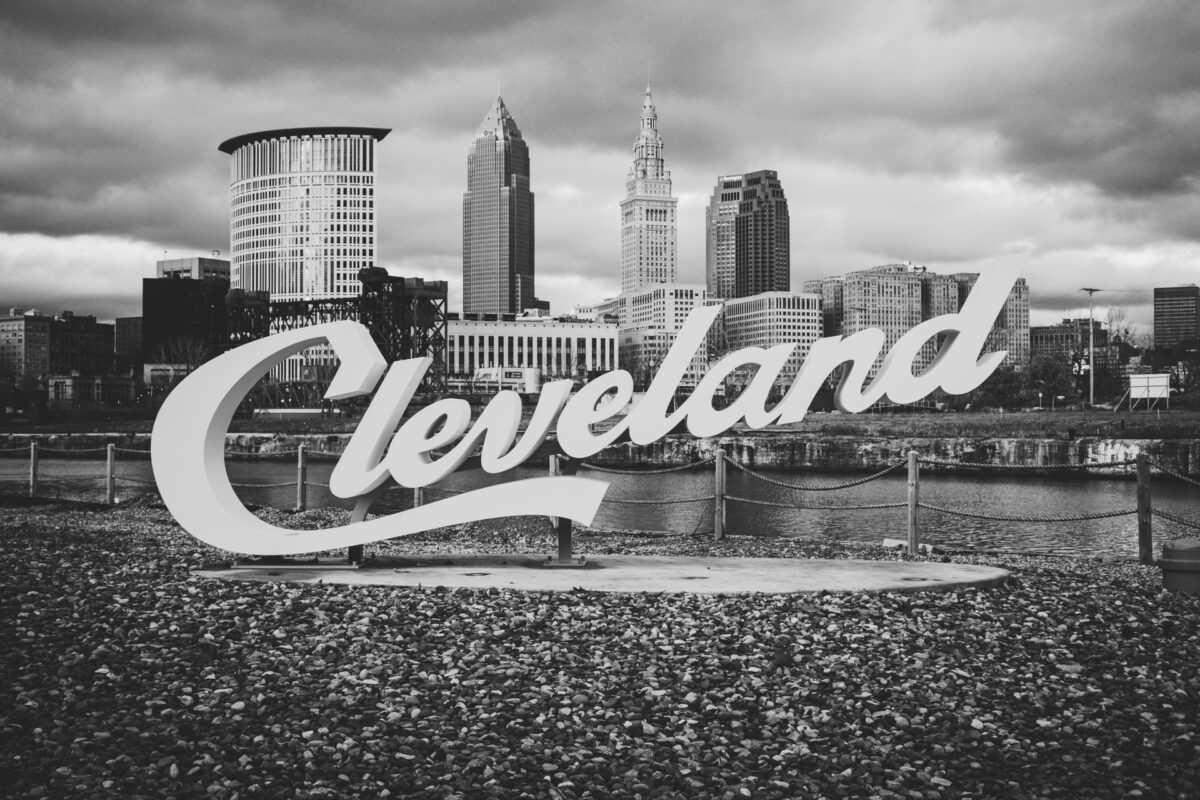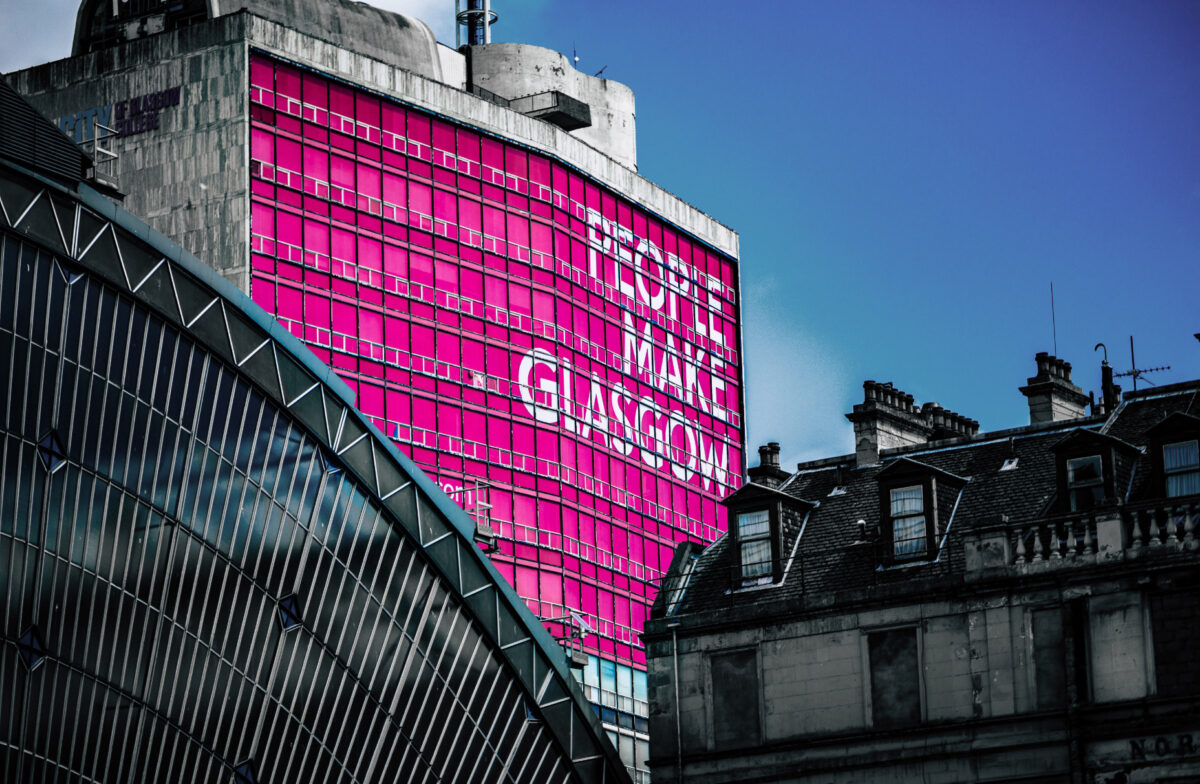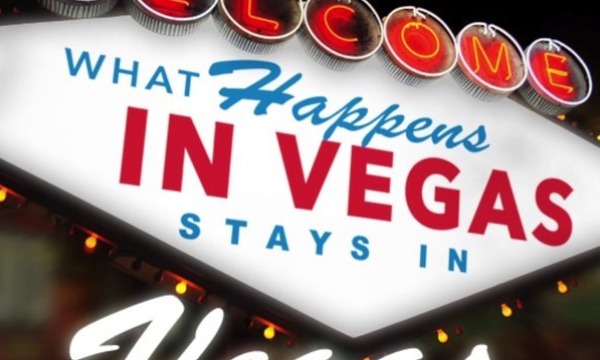In today’s hyper-competitive world, countries are becoming important brands in terms of tourism and business, and it doesn’t take too many trips out in the world to sense that Brand America is in trouble.
If you’re interested in the numbers, the Pew Research people have them all. The basic message: America’s image is in a dramatic decline just about everywhere. This is not a good thing in a world being driven by the global economy. Whether you’re Boeing, Apple Computer, General Electric or Ford Motor, it’s not helpful when people dislike the country of origin. It gives your global competitors an emotional edge.
No one appreciates this more than Brand America’s sales force, namely the State Department.
Several years ago, I was asked by them to develop a marketing program to help diplomatic officers better sell America, its products and its efforts to the world community. Obviously, it’s something that is desperately needed. The only concept attached to the U.S. is a terrible one: “The world’s last superpower.” All this expression does is to portray us as the world’s bully. And some of the administration’s language and policies only re-enforced this perception. In China, for example, the media often refers to America as the global police.
Coming up with a better marketing concept was fairly simple. Go to the world community with a program that offered more benefits, not one with threats.
The strategy was to have President George W. Bush say to the world that we are shifting from self-vision to a new world vision simply expressed as: “Helping the world to be a safer, freer and more prosperous place.” That’s what everyone wants, and we can help deliver those benefits. Here’s a simple, but wise, observation as to why this approach should work. It’s from The New York Times columnist Thomas Friedman as he wrote, “If you convey to people that you want them to succeed, they will take criticism. If you convey that you hold them in contempt, they won’t listen to you.”
I even showed the diplomatic officers how they could use this strategy to help sell policies. “The Road Map to Peace” in the Palestinian/Israeli conflict was about security. Reconstructing Afghanistan was about prosperity as was supporting Turkey for membership in the European Union. Supporting woman’s rights in the Middle East and the youth in Iran was about freedom. Every basic policy worth pursuing could be supported by this overall concept.
Interestingly, many programs in the State Department were already heading in this direction. In terms of safety, for example, America’s public diplomacy brought in conflict resolution experts to work with and train people in techniques to prevent violence in South Africa. In terms of prosperity, a faulty legal system scares off investors. public diplomacy assisted Chile in promoting judicial reform and a transparent legal system. They have become one of South America’s most prosperous economies.
There are some that might argue with this idea. Why is the world our problem? Why make the world better? The reasons are obvious. From a business point-of-view, a more orderly world will decrease our enormous expenses in security and defense. It will expand our income via trade and thus increase our employment. In other words, it’s good for business, and it’s good for America.
Unfortunately, as I warned the State Department, you need the right people in the room to sell a strategy. You needed all the top people, starting with the CEO. And, at that time, America’s top management was pre-occupied with invading Iraq, not improving America’s image.
Well, it would appear that the stars are better aligned to execute what was recommended. You have Condoleezza Rice jetting around the world trying to smooth over frayed relationships. You have one of the President’s top advisers, Karen Hughes, ready to plunge into America’s image problems. The president and those two are indeed the right people in the room to run with this kind of program to makeover America’s terrible image.
They also would be in a good position to increase our efforts and investments in public diplomacy. We’ve let this function dramatically slide in recent years. A former Russian foreign minister made an important observation, “America is like a big business that decided it doesn’t need a PR department. Every business needs PR. Even a monopoly needs PR.”
My only concern is whether or not they will be selling the right thing. “Democracy,” as nice as it sounds to us, is not what everyone wants. (For example, try selling that idea in China.) What people do want are the benefits of a good democracy: security, freedom and prosperity. And of the three, my bet is that prosperity would be the most popular. That would be a good choice as, in my estimation, it is the ultimate weapon in the war on terrorism.
The Blake Project Can Help: The Brand Storytelling Workshop
Branding Strategy Insider is a service of The Blake Project: A strategic brand consultancy specializing in Brand Research, Brand Strategy, Brand Licensing and Brand Education





3 comments
Ted Grigg
November 4, 2007 at 3:23 pm
I was raised in Europe in the 50’s and 60’s. And we were not particularly well liked even then. So I’m not sure about this concept that America is losing it’s popularity. It never had it.
Americans have generous hearts with a history of following it up with action. Yet the love is not returned by the beneficiaries.
We often lead and do the tough stuff nobody else in the world has the backbone to do. And this causes jealousy and hatred by those who hate themselves for their own impotence.
So I don’t really subscribe to the idea that any PR campaign will make a difference. But I do admire you for your perseverance.
Renee
November 7, 2007 at 12:17 pm
The U.S. will not be an easy sell: other countries perceive a “big stick” behind all the proclamations of help–and justifiably so. The U.S. may help–but it also looks like they want to control with their help. Two, they have a horrible record of understanding/respecting other countries cultures. On a person-to-person basis, this may not be as prevalent, however, the “Ugly American” does persist. It might be a better branding strategy to show how individual Americans help. The idea of the U.S. government being a benevolent institution doesn’t hold weight even for some of us Americans. 🙂
Logan
November 27, 2007 at 6:34 am
As a non-American with a fascination for America (much as one might with a three-ring circus), I’ve given this some thought over the years, and I believe that Ted’s comment was very illuminating. It’s just the kind of hubris which propels America and repels others.
It’s a conflict which exists in other forms inside America. To help out your poor neighbor, first you must deal with his pride and dignity. Then you must tailor your help to him specifically. Then you must follow through to ensure that your assistance stays positive and that your efforts are not misinterpreted or re-written. Shooting a bear in his yard, setting up cameras around the back, or building a 14′ fence may cause your neighbor to experience a range of emotions. If this is true for a society of two, why would it be less so for billions?
Help is good. Help is appreciated. But help does not occur in a vacuum; perceptions must be managed.
Comments are closed.